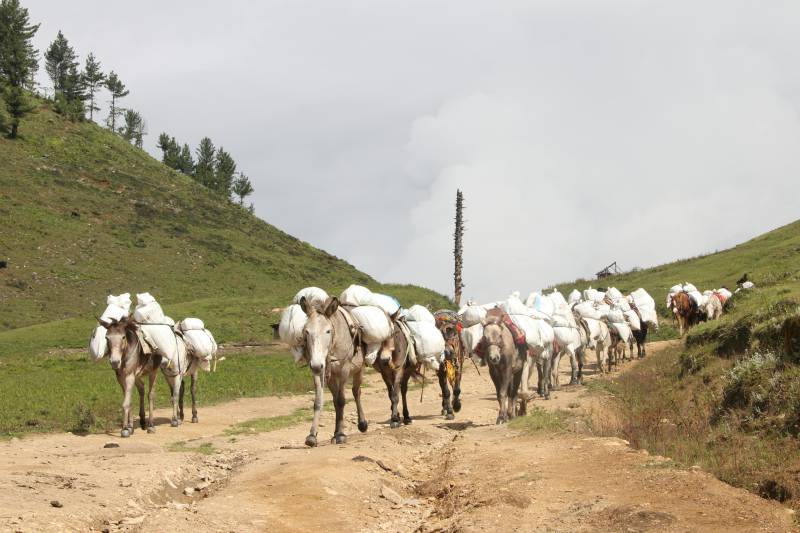

Guidelines for submitting articles to San Pedro del Pinatar Today
Hello, and thank you for choosing San Pedro del Pinatar.Today to publicise your organisation’s info or event.
San Pedro del Pinatar Today is a website set up by Murcia Today specifically for residents of the urbanisation in Southwest Murcia, providing news and information on what’s happening in the local area, which is the largest English-speaking expat area in the Region of Murcia.
When submitting text to be included on San Pedro del Pinatar Today, please abide by the following guidelines so we can upload your article as swiftly as possible:
Send an email to editor@spaintodayonline.com or contact@murciatoday.com
Attach the information in a Word Document or Google Doc
Include all relevant points, including:
Who is the organisation running the event?
Where is it happening?
When?
How much does it cost?
Is it necessary to book beforehand, or can people just show up on the day?
…but try not to exceed 300 words
Also attach a photo to illustrate your article, no more than 100kb

Why are our tomatoes, milk and olive oil so expensive? The real story behind Spain’s food prices
From the olive oil price row to why supermarkets fight over shelf space, here’s what’s really going on in Spain’s food chain
 Although inflation in Spain has started to ease, with April showing a modest 2.2 percent increase compared to last year, questions over how our food is priced continue to bubble up. Olive oil is once again in the spotlight, with Spain’s COAG farmers' union filing a complaint on last week to the National Commission on Markets and Competition (CNMC), urging them to investigate what they claim is price manipulation at source.
Although inflation in Spain has started to ease, with April showing a modest 2.2 percent increase compared to last year, questions over how our food is priced continue to bubble up. Olive oil is once again in the spotlight, with Spain’s COAG farmers' union filing a complaint on last week to the National Commission on Markets and Competition (CNMC), urging them to investigate what they claim is price manipulation at source.Sign up for the Spanish News Today Editors Roundup Weekly Bulletin and get an email with all the week’s news straight to your inbox
Special offer: Subscribe now for 25% off (36.95 euros for 48 Bulletins)
OR
you can sign up to our FREE weekly roundup!
Read some of our recent bulletins:
Discount Special Offer subscription:
36.95€ for 48 Editor’s Weekly News Roundup bulletins!
Please CLICK THE BUTTON to subscribe.
(List price 3 months 12 Bulletins)
Read more stories from around Spain:






























